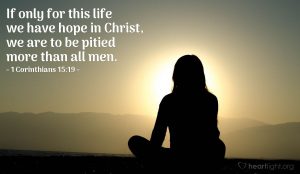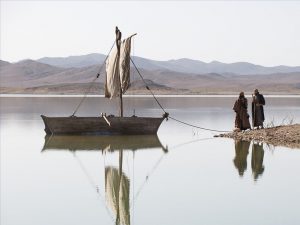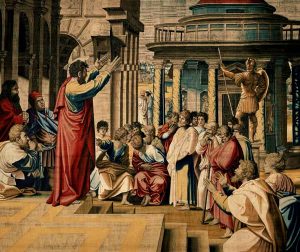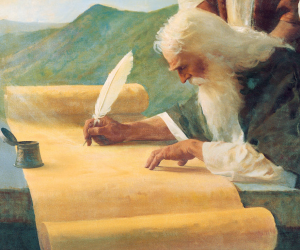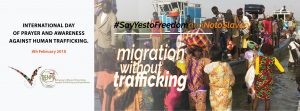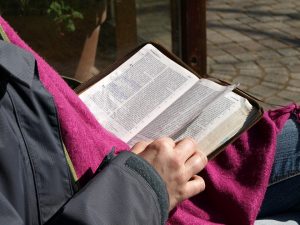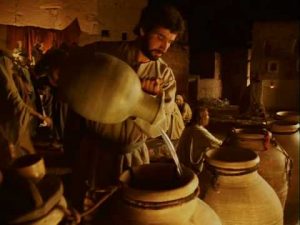Did you notice it : nowadays, on many products there is an ISO code?
These letters identify the International Organization for Standardization.
It is the mention of ‘quality control’ for this item.
It has become compulsory for producers and companies to label clearly that a given object has been checked and tested and that it is up to the required standard.
What about… our lives?
The 1st reading (Ben Sira 27:4-7) and the gospel of this Sunday (Lk.6:39-45), both texts invite us to do exactly this:
to check the quality of our lives.
With a simple example – that of a tree and its fruit – 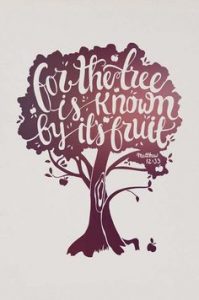
we are told to test what is the present state of our being and behaving.
One aspect is especially stressed: our speech, yes, the words we utter.
Chatting is an interesting… occupation.
Exchanging information and news can be enjoyable.
Gossiping can be even more so, quite entertaining but… perhaps not altogether innocent.
Spreading what is called nowadays ‘fake news’ can be quite destructive.
The passing on of information which is more disinformation than accurate content can even be lethal.
Even what some would call simple humoristic jokes may have negative consequences.
Lying, backbiting, slander, calumny – they are all definitely rotten fruit.
It goes without saying that none of them should be found in the garden of our lives.
Note: Another reflection is available on a different theme in French at: https://image-i-nations.com/8e-dimanche-de-lannee-c-2019/

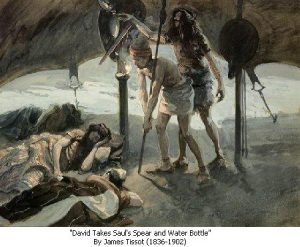
 This takes place many centuries before Jesus coming into our world
This takes place many centuries before Jesus coming into our world
